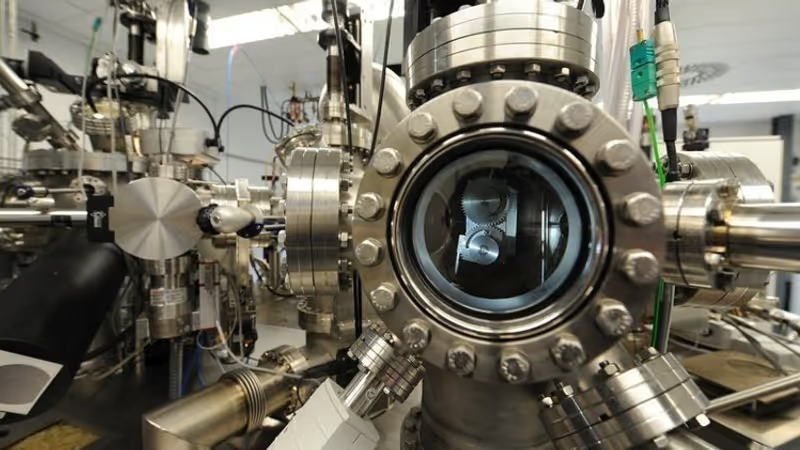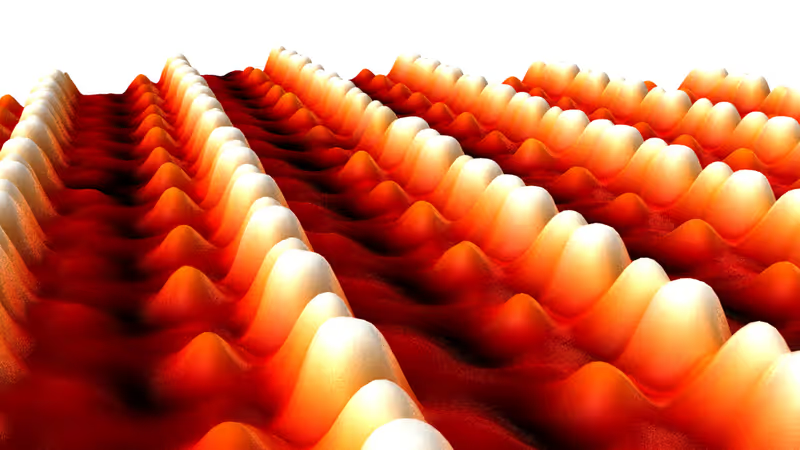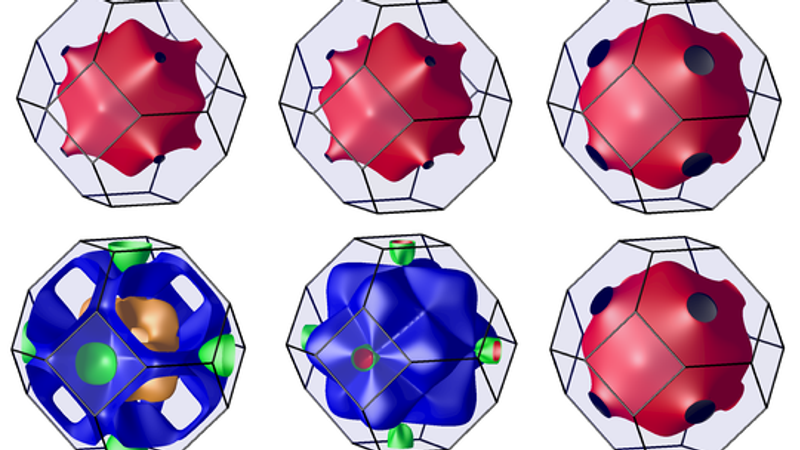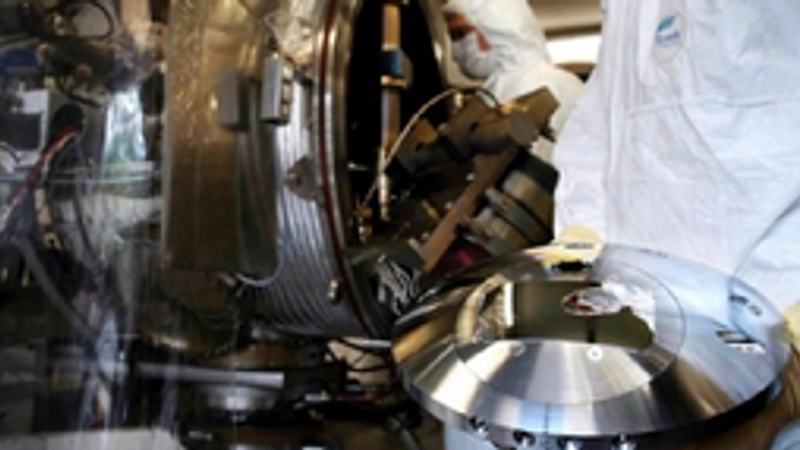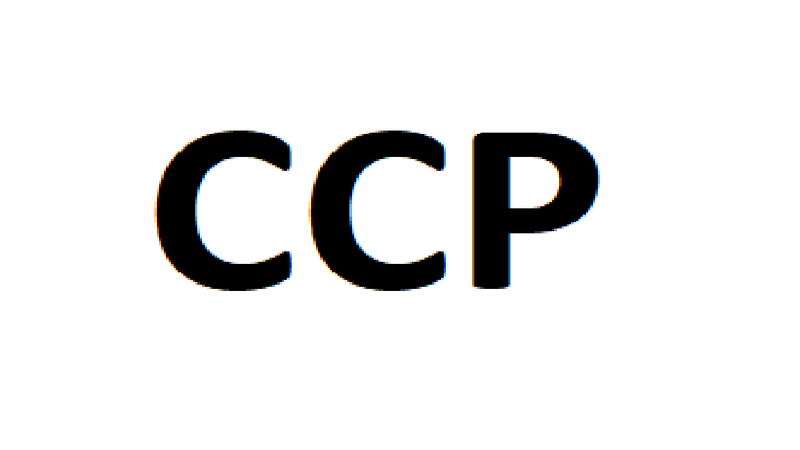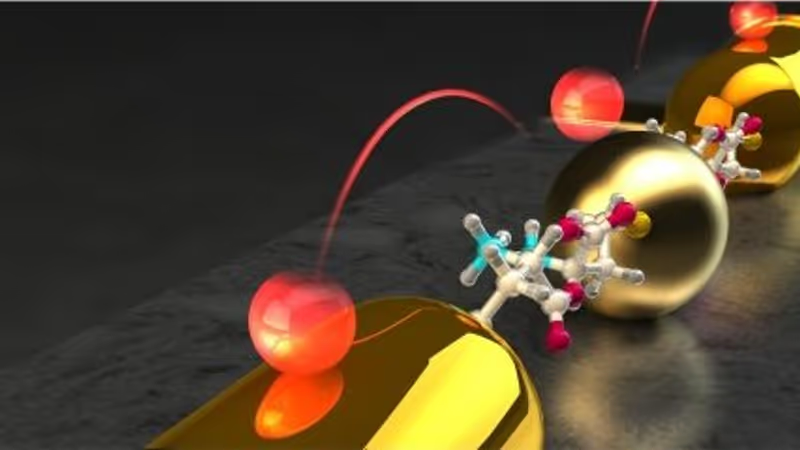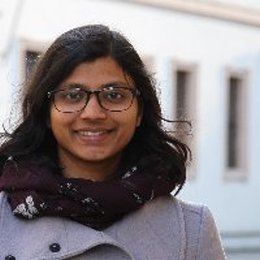The Nano Electronic Materials cluster specialises in creating and characterising thin films and in designing, modelling and constructing low-dimensional nanomaterials for electronic and optical appliCATIONS.
Rapid developments in information technology demand ever more powerful and energy saving electronics. This results in a growing need for entirely new architectures and components, as well as hybrid materials with optimal or completely new characteristics. The strength of our cluster, consisting of very different but synergistic scientific disciplines, is fundamental and more applied research going hand in hand and complementing one another. Theory, model forming, and experimentation provide a fundamental understanding of the characteristics of low-dimensional nanomaterials, grown using advanced deposition techniques. With the help of this atomic engineering we are developing, for instance, circuits inspired by the brain, graphene-like materials such as silicene and germanene, and high-tech mirrors for the chip industry: fundamental physics with clear applications.
Thanks to our expertise and high-quality facilities—including thin film deposition and measurement techniques of our own invention—research groups from all over the world, small and medium-sized companies, and leading high-tech companies such as ASML, Océ, Toyota, Tata Steel, and Philips are keen to work closely with us. Our research has also led to the foundation of a number of spin-off companies.
our people
Our cluster unites a large variety of excellent scientists, inspiring teachers and talented students who each make their own contribution to the research and education in Nano Electronic Materials. Meet our people.
our results
The Nano Electronic Materials cluster makes a relevant contribution to the creation and characterisation of thin films and the design, modeling and realisation of low-dimensional nanomaterials for electronic and optical applications. The results are evident in our numerous publications as well as in various high-profile awards and grants.
our 8 research specialisms
The Nano Electronic Materials cluster consists of 8 diverse, but synergetic, scientific disciplines: Materials Science | Interfaces and Correlated Electron Systems | Quantum Transport in Matter | Physics of Interfaces and Nanomaterials | Computational Materials Science | XUV Optics | Computational Chemical Physics | NanoElectronics
our engagement in research and education
Based on our disciplinary strength and scientific excellence, our cluster engages in various initiatives, programs and projects in both teaching and research. The Nano Electronic Materials cluster contributes to the excellent, multidisciplinary research within scientific institutes such as MESA+: one of the worlds leading research institutes for nanotechnology. Furthermore, education is one of our core tasks. Our people play a strong role in the applied physics curriculum. The combination of in-depth expertise and our low-threshold, open culture ensures that we train students to be broad and critical engineers who are ready to face the challenges of the future.


